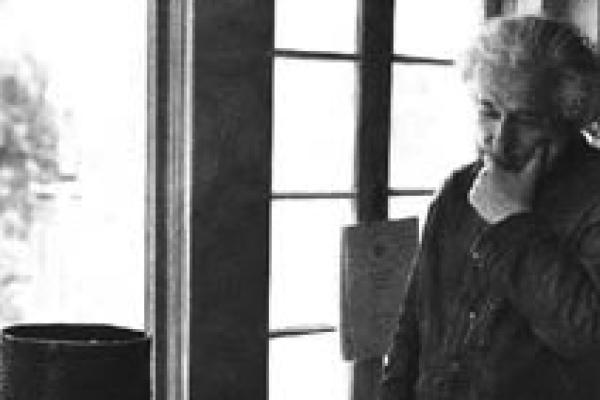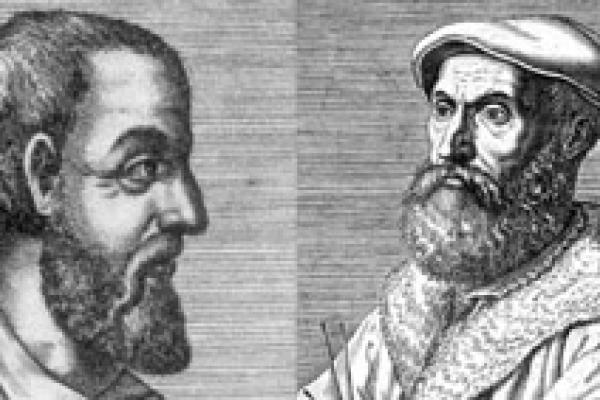Article

How does your garden grow?
The division of plant cells is governed by their shape – just one example of how maths may reveal the fundamental laws underlying biology.






